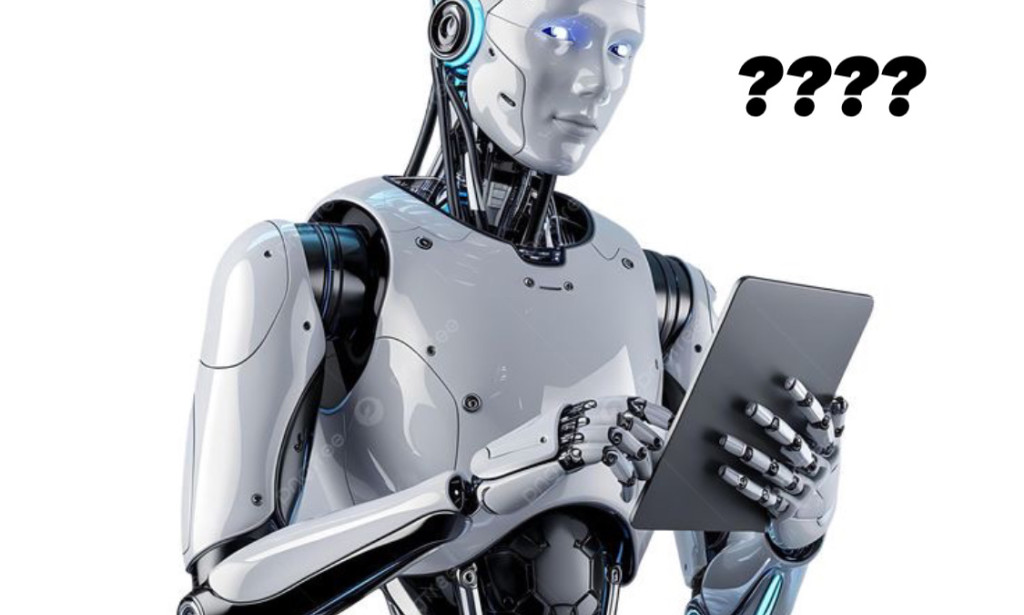Will Robots Replace Us? The Real Impact of AI on the Future of Jobs
The rapid advancement of Artificial Intelligence (AI) has sparked one of the most significant debates of our time: will robots take over human jobs? While the fear of widespread unemployment due to automation is widespread, the reality is far more nuanced and complex. Understanding how AI interacts with the job market today can help us better prepare for the future.
Beyond the Robot Takeover Myth
Contrary to the sensational headlines predicting mass job losses, AI is not simply a job-killer. Instead, it is reshaping the workplace in ways that demand new skills and adaptability. Routine, repetitive tasks—whether in manufacturing, customer service, or data entry—are increasingly automated, allowing humans to focus on creative problem-solving, emotional intelligence, and strategic thinking.
The Rise of Hybrid Roles
The future workforce will likely consist of hybrid roles where humans and machines collaborate. For example, in healthcare, AI assists doctors by analyzing vast datasets for faster, more accurate diagnoses, but it cannot replace the empathetic touch of a caregiver. Similarly, in manufacturing, robots handle precision tasks while humans oversee operations and innovate improvements.
New Job Categories and Opportunities
AI’s growth also stimulates entirely new job sectors. Roles such as AI ethicists, data curators, and machine learning trainers have emerged only in recent years. These careers require a deep understanding of technology combined with critical thinking and creativity, demonstrating that AI is not just displacing jobs but also creating them.
Challenges Ahead: The Skills Gap and Inequality
However, the transition is not without challenges. Many workers face the risk of being left behind if they lack access to education and training in new technologies. This “skills gap” threatens to widen economic inequality unless governments and organizations invest in lifelong learning programs and support for reskilling.
Real-World Examples
Consider Amazon’s warehouses, where robots automate the movement of goods, speeding up the delivery process. While some manual jobs have declined, new roles in robotics maintenance, programming, and logistics planning have emerged. Similarly, AI-driven tools in journalism help generate basic news reports, freeing journalists to focus on investigative and creative stories.
Preparing for the Future
Embracing AI’s potential requires proactive measures. Businesses must prioritize employee development, focusing on skills that machines cannot replicate easily. Policymakers should design frameworks that encourage innovation while protecting workers’ rights. Individuals can take charge by cultivating adaptability, digital literacy, and critical thinking.
What Jobs Will Look Like Tomorrow
As AI advances, we expect new roles to appear—such as AI ethics specialists who ensure technology aligns with human values, human-machine interaction designers, and data privacy experts. The future workforce will be dynamic and continuously evolving, blending technical expertise with uniquely human skills.
A Call to Action
Are you ready to face the transformation AI brings to your career? Now is the time to embrace change, learn new skills, and become an active participant in the future of work. The partnership between humans and machines is not a threat but an opportunity to redefine what work means in the 21st century.
Conclusion
AI’s impact on jobs is not a simple story of robots versus humans. It is an evolving partnership that redefines work, creates fresh opportunities, and demands continuous learning. By understanding these dynamics realistically, society can harness AI’s power to enhance, not end, meaningful employment.
Reference:
- McKinsey Global Institute
“Jobs Lost, Jobs Gained: Workforce Transitions in a Time of Automation”
https://www.mckinsey.com/featured-insights/future-of-work/jobs-lost-jobs-gained-what-the-future-of-work-will-mean-for-jobs-skills-and-wages - World Economic Forum
“The Future of Jobs Report 2020”
https://www.weforum.org/reports/the-future-of-jobs-report-2020 - Harvard Business Review
“How AI Is Changing Work”
https://hbr.org/2020/11/how-ai-is-changing-work - Brookings Institution
“Automation and Artificial Intelligence: How machines affect people and places”
https://www.brookings.edu/research/automation-and-artificial-intelligence-how-machines-affect-people-and-places/ - Forbes
“The Real Impact Of AI On The Workforce”
https://www.forbes.com/sites/forbestechcouncil/2021/05/11/the-real-impact-of-ai-on-the-workforce/ - MIT Technology Review
“How AI will change the future of work”
https://www.technologyreview.com/2021/03/30/1021362/how-ai-will-change-the-future-of-work/



You must be logged in to post a comment.